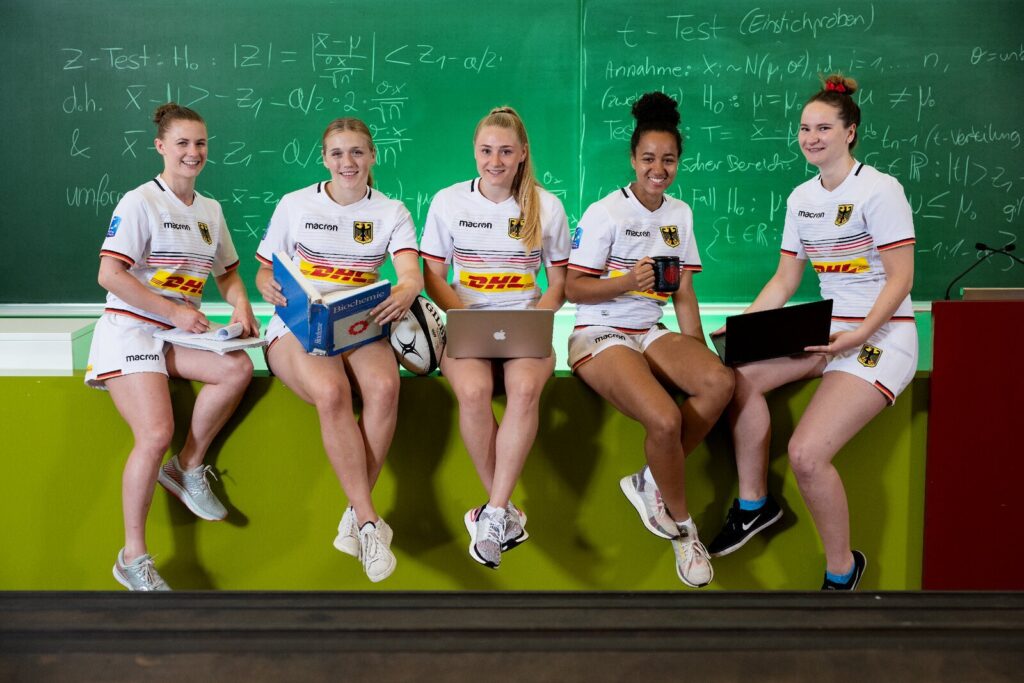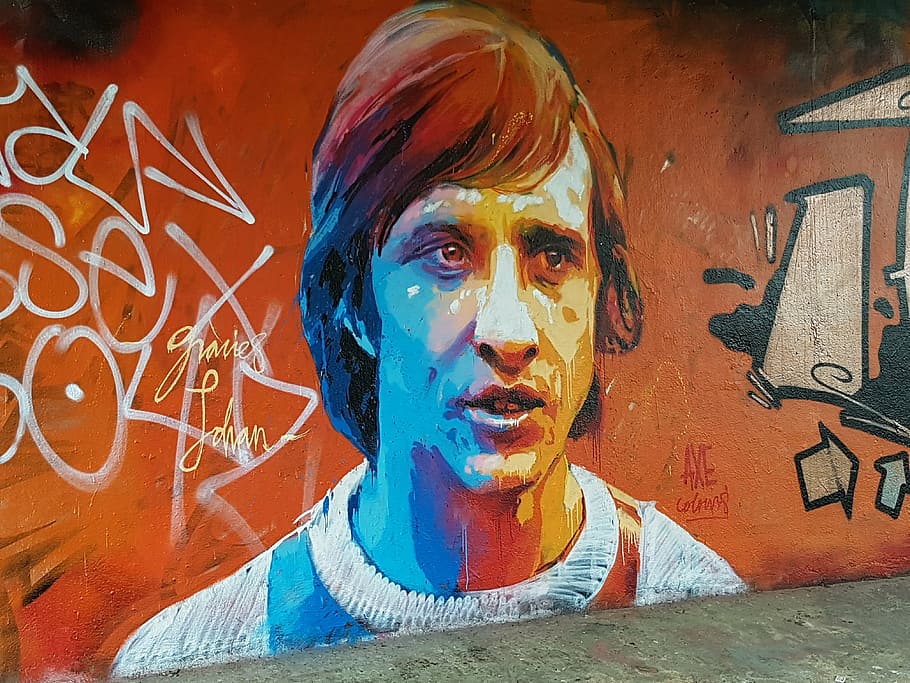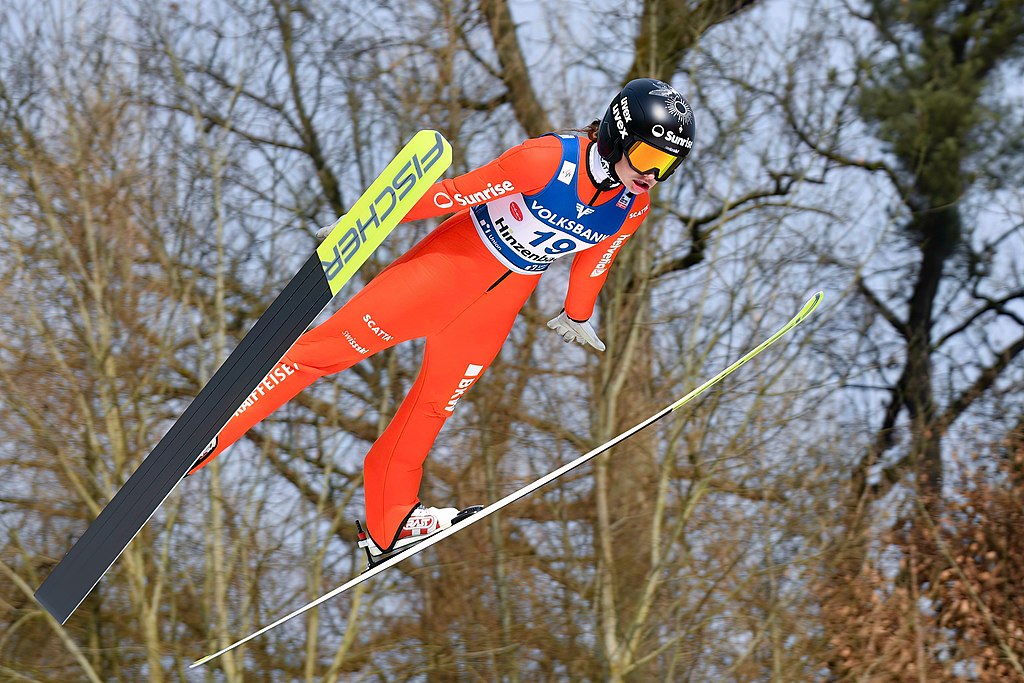In the making
RESEARCH RESULTS
Investigating the specific service demand of EU dual career stakeholders was the objective of the STARTING 11 research phase. Last month, we showed our preliminary results during a flash presentation at the EAS Conference 2019 in Falun, Sweden. Today, we are delighted to share a summary of our analysis.
Transforming the dual career concept into effective action can be a challenging task. Yet, what are main blockers to dual career development? What type of tools do dual career stakeholders such as sport schools, universities, sport federations, clubs or athlete employers need to boost the implementation of athlete support in their systems?
The first step of our project was marked by the analysis of the specific European dual career service demand. Our research targeted both systems and athletes. Regarding the latter, sport policy must not be made in ivory towers. Instead, programmes are advised to try address the actual issues current athletes experience along their pathway. This is why the European Dual Career Toolkit will also strongly build on the concrete feedback of active sportsmen and sportswomen.
Gathering professional and non-professional athletes from 9 different countries across Europe, we asked for first-hand dual career expertise to find common ground in cross-cultural contexts. In terms of systems, the project achieved to gather 159 responses of dual career service providers from all 28 EU member states via a broad online survey, spanning actors in sport, education and the labour market. Below, find a summary of our combined needs assessment.
Athletes: focus group interviews key findings
The following points were mentioned by the European athletes as main desired (respectively missing) support experiences:
Lack of coach education on dual career
Lack of formalised dual career support systems – constantly searching support services on one site (ideally built around the educational provider)
Lack of dual career counselling support (key areas identified included preparing for retirement, making key transitions within dual career, and during the Olympic year)
Lack of dual career counselling at talent level valuable in avoiding drop out
Lack of dual career provision in the labour market
Systems: EU online survey key findings
As main aspects hindering the implementation of dual career support services for athletes, EU dual career service providers identified the following points:
Lack of finance and resources
Lack of policy (94% of respondents from countries without a dual career policy claimed that the lack of policy causes them an issue when implementing support services)
Lack of understanding and awareness of dual career
Lack of effective options to measure dual career success.
Combined analysis
Together, STARTING 11 identifies the following primary barriers when it comes to the implementation of dual career services:
Lack of dual career policy
Lack of dual career awareness and understanding
Inconsistent level of dual career providers
Need for dual career counselling programmes
Limited stakeholder engagement
Best practice examples, sharing of knowledge and networking feature heavily in the desired support on European level. Additional needs could be identified in terms of countries with limited or no dual career structures (particularly in Eastern Europe).
What’s next?
The investigation of STARTING 11 serves as the basis for the upcoming creation phase 1. In its course, our expert groups (Manage, Train and Counsel) will take the gathered results and try to transform them into practical tools that have the potential to create true impact for dual career implementation in Europe.


